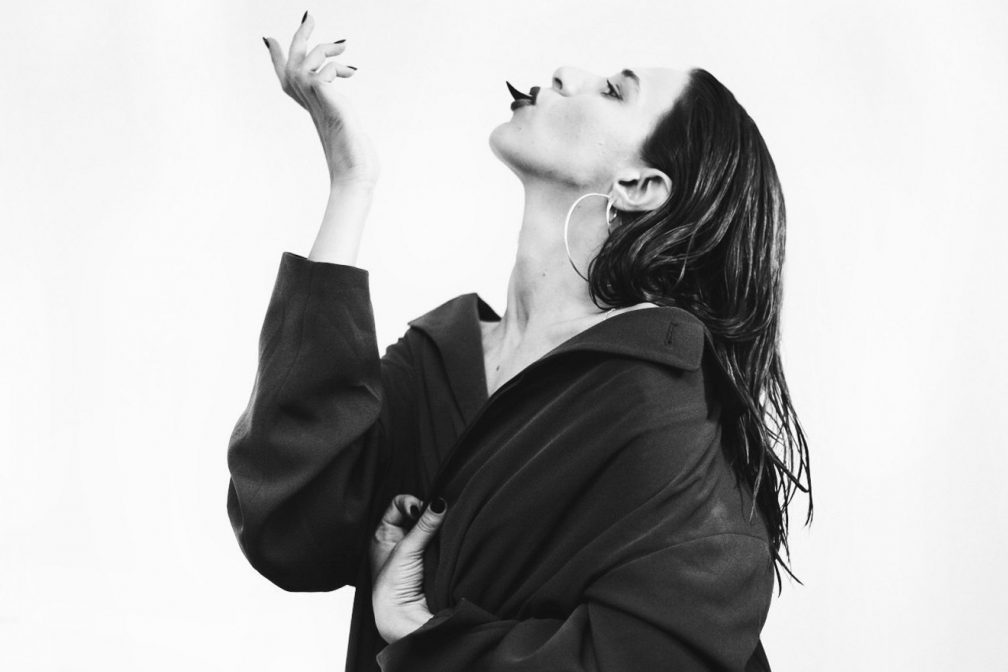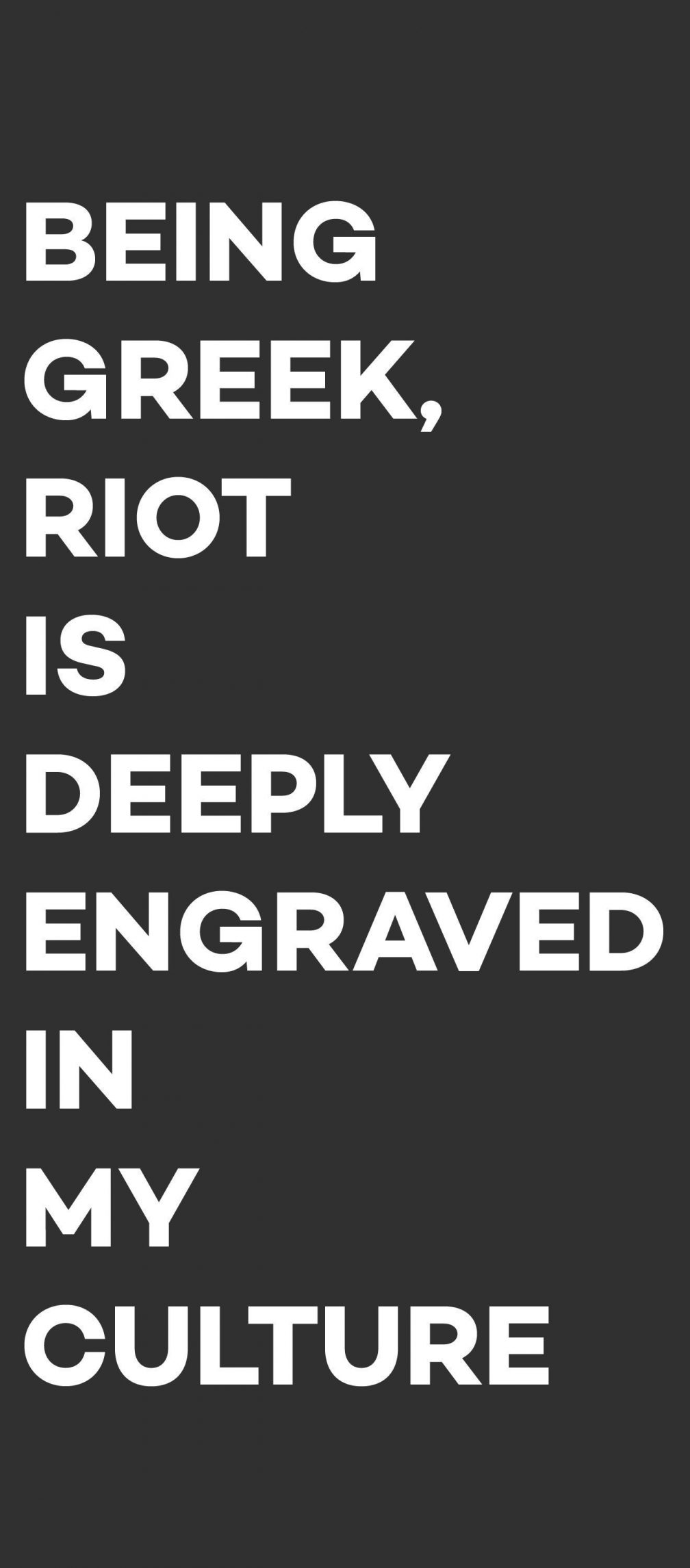 Impact
Impact
Impact: Abyss X
Introducing the Greek artist ahead of the release of her riotous new record
Impact is a series that's dedicated to profiling raw talent that's about to turn dance music on its head. Next up: Abyss X
Evangelia VS, the Crete-born, New York-based artist who produces as Abyss X, has a knack for turning raw, indescribable emotion into something immediate and tangible, music that you can truly feel and see. It’s safe to say that the visceral quality of her work comes largely from her background in performance art and theatre – she knows how to cultivate a mood for an audience, both onstage and behind the scenes.
Though she only started producing a few years ago, the scope and quality of her records suggest otherwise; her first EP, ‘Echoes’, dropped last fall on Lao’s Mexico City label Extasis, comprised of swirling, immersive takes on pop and r’n’b. Rabit’s Halcyon Veil imprint released her second EP, ‘Mouthed’, just two months ago, an eerie sprawl of hypnotic sound collages that she cited as an ode to her Minoan heritage.
Now, she’s back with a third full-fledged record, ‘Nüshu’, to be released on innovative Montreal club label Infinite Machine. This new EP entwines the ideas behind her past two records together in unexpected but seamless ways: jagged vocals blend with distorted beats for a relentless, noisy conglomeration of sound. It feels like the moment you hear the bass seep through the walls while descending into the basement of a dark club, when every sense is heightened and you’re ready to lose yourself in the dance. Urgent and unconstrained, this is music that is especially fitting for our current moment – it acts as a much-needed escape, while simultaneously bringing you into your body in just the right way.
Her mix, tittled 'Φλαμπέ' and embedded below, further demonstrates a mastery of timing and momentum. It’s a sonic tour through her clubbing experiences of the past decade, spanning genres and geography. We move from Velvet Acid Christ to Laurie Anderson to Claude Debussy, with a few cuts from ‘Nüshu’ to round out the vibe. Take a listen, and read on to hear about the inspiration for her latest record, what it’s like to be in the audience at a live Abyss X performance, and the importance of riot in dire times.

You’re from Crete, but you’ve lived in Berlin, London, Los Angeles – how does place shape your music and your process?
All these cities are always inspiration. My environments have always been completely underground, and deeply queer. I was a part of the queer community in Athens, in Berlin and London, and I think that has had an influence on my art, but I have a love and hate relationship with all the cities that I've lived [in] before.
On another note, being an immigrant is also something that affects me a lot personally, [like with] this new album coming out on Infinite Machine, which was not designed to be cute sounding or ear pleasing. Some of the tracks are just like, "What the fuck?" These tracks are exposing my feelings towards immigration and being treated as an immigrant for the past 10 years of my life, and also all of the unfortunate social and political events in Greece. Even if you're not in Greece, your family, all your friends, everyone is impacted by that. [Me and all my friends] had to leave eventually. I was one of the first people to leave for completely different reasons, but now [all of my friends have] left. This is more of a riot kind of album, and being in this space for the past year, as well as seeing and witnessing all these events against the black community, has triggered all this anger and all this emotional distress that I had to let out on the record.
Nüshu is a code language that women who were denied education in [the Hunan Province] of China created in order to be able to talk to each other. No one else knew how to write or speak Nüshu, and it’s apparently going extinct because very few women have learned [it] and carried the legacy. I came across that one day and I was like, this is amazing. I feel that women are being mistreated in the music industry, and I'm always about standing up for them and calling out people because I feel that people don’t understand how difficult it is to be a woman in the scene, still, in 2016. People don't understand that you need to work ten times harder. People don't understand that even your friends are bros, even your friends are not backing you up enough. I feel that I'm old enough right now to speak my mind as a mature woman, and be able to talk about all these things and be very upfront towards my male peers, so 'Nüshu' is all about all these things. I don't know if that comes across in the music itself, but at least I was trying to provide that emotion when I was writing these things.


